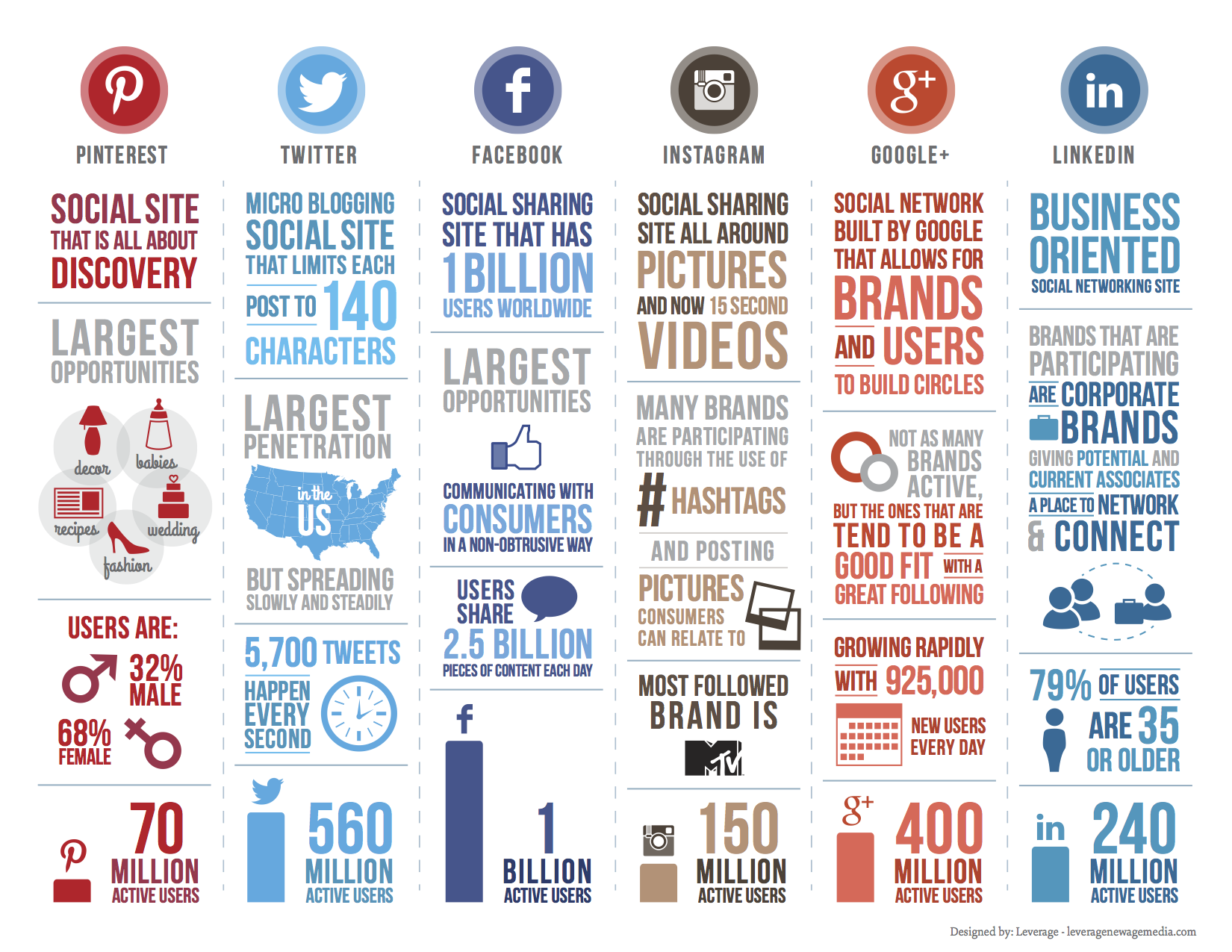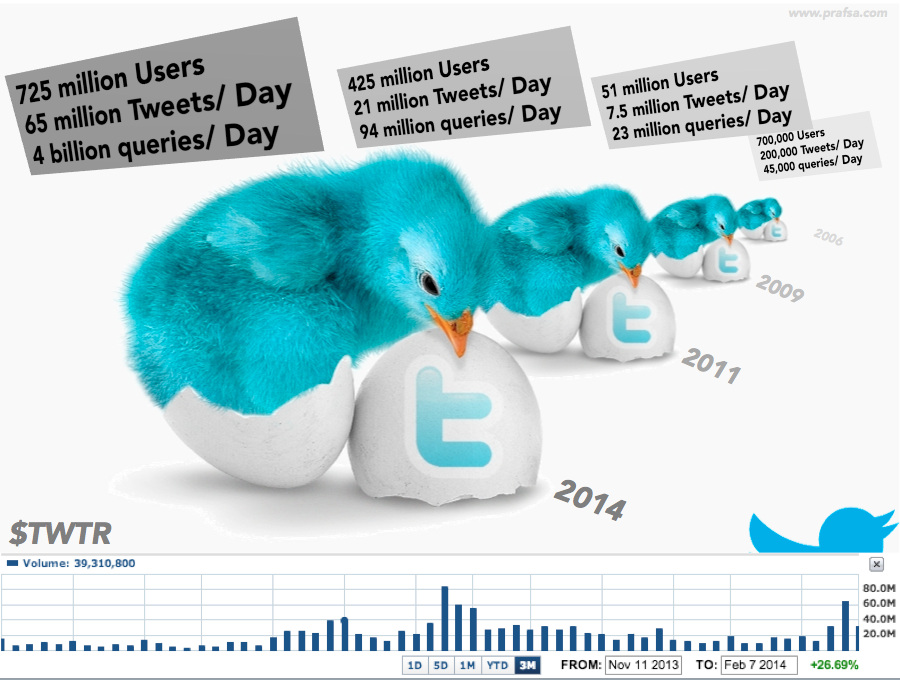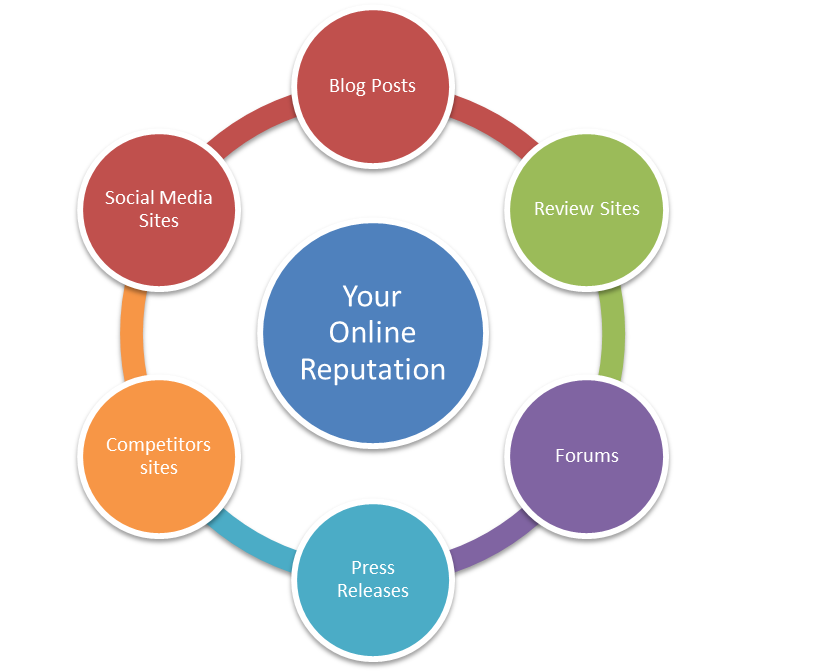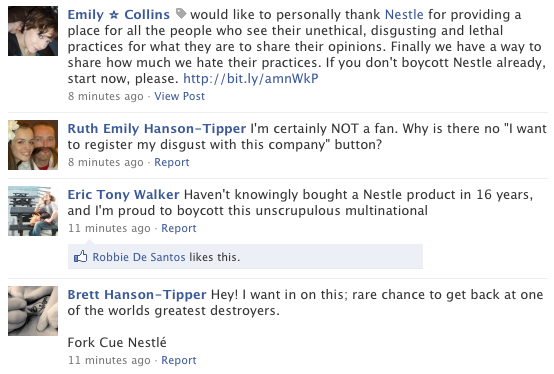
Thousands of businesses have now begun to allocate budgets for social media marketing campaigns. It’s too hard to ignore these networks when you learn that a big chunk of the total human population on the planet is spending several hours each week communicating, collaborating and hanging around there.
While organizations (big and small) are spending heavily on social media marketing campaigns, what really terrifies them the most is ‘loss of control’.
They want to use Twitter for online reputation management (one of the best tools, by the way) but they are also afraid of losing it out to disgruntled customers or some competitor aliases trolling around.

In Good Old Days
If your company pissed off a customer, she would write some angry letters to product managers or senior management and at most, phone a few friends and vent out her frustrations.

That’s all. No serious damage was done unless you were a small company having few customers in a closely knit community.
What Happens Now
If your company sells bad stuff (even for once!), fails to meet a customer’s expectations or your support staff just tries to ignore her, she would post a Tweet, with your brand mention (and a potentially viral tag, if she’s a little creative) or do so on Facebook, LinkedIn and other such networks.

The result –
the message gets passed on to hundreds of people in the first go. If few of these people agree, it gets furthered shared on the network and there it is – an online reputation disaster in making!
Customer dissatisfaction gets known to a wider audience in almost no time and once your competitors lay hands on a dissent note on Twitter, Facebook, YouTube or elsewhere on the web, you can imagine well what they might possibly do with it!
Managing Online Reputation in the Age of Social Media
How can you as a company respond to dissent notes from customers?

Img Credit: AT&T, Forbes Managing Brand Reputation Online
To begin with, a customer
- 1. Can post a blog. Won’t do any damage unless she happens to be having a huge audience already. If she posts on ‘your blog,’ your hardcore fans will come to your rescue. Only hardcore fans or haters read your company blog. That applies to even the tech giants such as Apple.
- 2. Can post a video on YouTube or comment on your YouTube videos. People don’t respond to dissent notes so easily unless it’s been done very creatively.
- 3. Can post on your Facebook page. Your hard core fans are the ones who really follow your page. They will manage your online reputation (mostly.)
What’s left? Twitter:Take Preventive Steps & Adopt a Proactive Brand Management Approach on Twitter
For many reasons, Twitter is a perfect tool for managing brand reputation online. Here’s a compilation of useful tips on how to prevent an online reputation disaster:
1. Listen to everything good and bad – Use online tools to monitor what people are writing about your brand and products on Twitter.
- Focus on live trends (both positive and negative).
- Join in conversations and participate in the discussion.
- Thank a happy customer and pacify the one who’s dissatisfied.
- Be creative. Don’t keep using a readymade script.

2. Build an Army
– Just as your Facebook fans would walk an extra mile to defend your online reputation – your twitter followers too can do the same. BUT, it’s not as easy as it is in case of Facebook. You’d have to actively engage these followers – ONE AT A TIME. Yeah, that’s challenging but the effort would pay off at some point in time!

3. Have a Crisis Management Strategy – The chief reason why Twitter is a perfect tool for online reputation management that tweets are indexed by search engine giants such as Google in real-time.
Your online reputation managers cannot participate in Facebook conversations so easily. It’s damn difficult. If you disagree, please read about the much talked Nestle Facebook Crisis. It was epic.

In a crisis situation, focus on Twitter instead. Get out the facts and other such information through your official twitter account as soon as possible and Google & other search engines will place them alongside negative conversations going on Facebook and other such networks.
Also, people who actually have something positive to say about your brand or products, will have something handy – a tweet – that can be re-tweeted or shared.
Finally, no one can save you and no amount of online reputation management expertise or paid campaigns will help in case you mess things up on MEGA scale like 1800-Flowers did on Valentine’s Day. Just saying.

An enthusiastic Human Being with a zeal to express as much she can in words… and Blogs gave her a medium to express and share her knowledge. Has written for eminent blogs and fields like the social media, internet marketing, technology, lifestyle (tattoos, body art, fashion, etc.), politics, and the list is still increasing.

